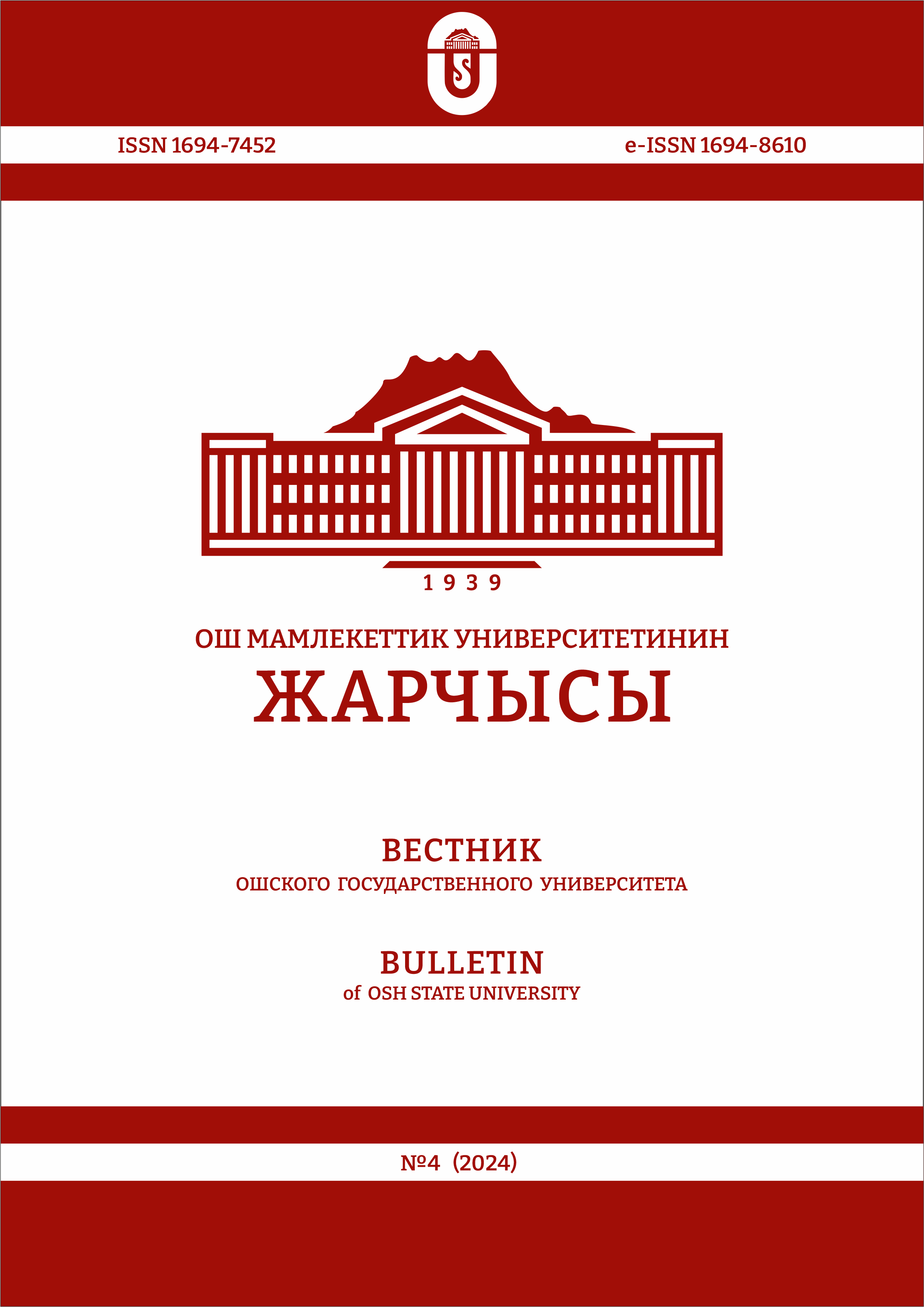BASIS OF CONSIDERATION OF HUMAN AS SUBJECT OF LEGAL RELATIONSHIP IN THE DOCTRINE OF ISLAMIC LAW
DOI:
https://doi.org/10.52754/16948610_2024_4_19Keywords:
Islamic law, legal relationship, legal subject, legal capacity, capacity to actAbstract
Subjects of legal relations are persons who have the opportunity to participate in legal relations and have the ability to enter into legal obligations. A person who can be considered a subject of a legal relationship must possess certain abilities. Only then he will be able to exercise subjective rights and legal obligations. The doctrine of Islamic law, which is one of the main legal systems, paid attention to this issue. In this article, the conditions of recognition of the subject of legal relations in the teaching of Islamic law, its importance, types and influence on the legal behavior of a person in his life as a subject of legal relations are considered.
References
Bardakoğlu, A. (1994). Ehliyet. Türkiye Diyanet Vakfı İslam Ansiklopedisi (10-т. 533-539-бб). İstanbul: TDV Yayınları.
Çalış, H. (2020). “Kişiler Hukuku”. Talip Türcan (Ed.), İslam Hukuku El Kitabı (261-280-бб). Ankara: Grafiker Yayınları.
Бухарий, М. И. (2009). Сахих ал-Бухарий. Бейрут: Дар ал-жийл ли ан-нашр ва ал-тибааъа ва ат-тавзийъ.
Зарка М. А. (2004). ал-Мадхал ал-фыкхий ал-аамм ихраж ал-жадийд би татвийр фий ат-тартийб ва ат-табвийб ва зиядат. Т. 2. Дамаск: Дар ал-калам.
Себетов, Ж. Б. (2023). Ислам укугу: Жөндөмдүүлүк теориясы, үй-бүлө жана мурас. Бишкек: Арашан гуманитардык институту.
Ыйык Куран жана кыргызча мааниси. (2017). (котормону даярдагандар: Исмаилов А., Абдылдаев Д., Доолов С., Гавай С.). Бишкек: Түркия Диянет фонду жана Кыргызстан мусулмандарынын дин башкармалыгы.
Эрдем, М., Көсе, С. (2018). Ислам укугуна киришүү. Бишкек: Кыргыз-Түрк “Манас” Университети.
Downloads
Published
How to Cite
Issue
Section
License
Copyright (c) 2024 The Author(s)

This work is licensed under a Creative Commons Attribution-NonCommercial 4.0 International License.



